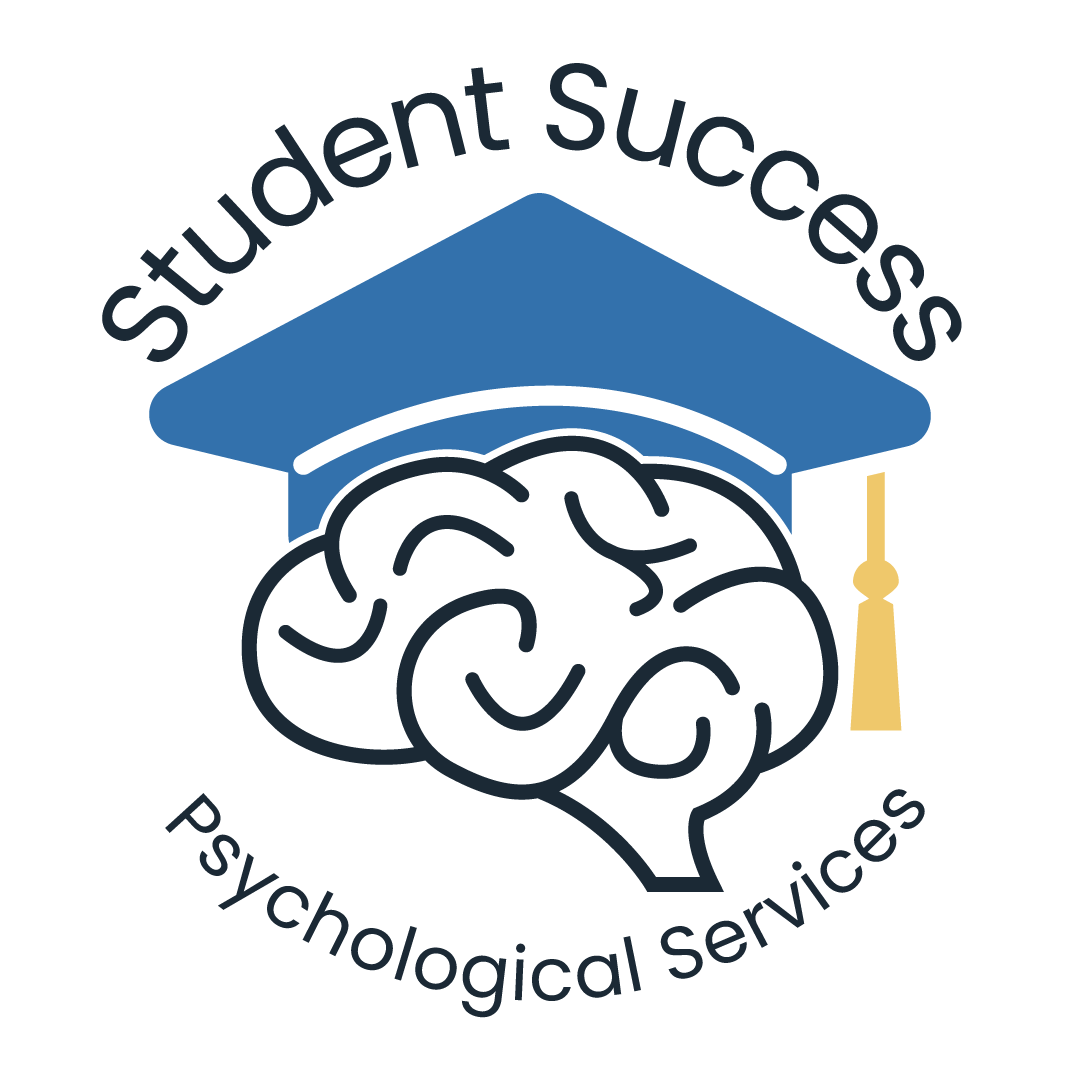ADHD Awareness Month
October is ADHD Awareness Month. But what is ADHD? Below is a concise, parent-friendly guide that explains what ADHD is, what it isn’t, and why that distinction matters for home and school supports. All information here is from the CHADD (Children and Adults with Attention-Deficit/Hyperactivity Disorder) organization.
What is ADHD?
ADHD is a brain-based developmental difference in which a person shows higher-than-typical levels of inattention, impulsive actions, and/or excessive activity for their age and context. These patterns show up in more than one setting (for example, at home and at school) and get in the way of everyday tasks and relationships. CHADD describes ADHD as a persistent pattern that affects functioning across the lifespan.
People with ADHD need support with executive functioning skills (i.e., the mental skills needed to get things done), things like starting or completing tasks, keeping attention on less-engaging work, and controlling impulses. This is not because they’re lazy or defiant, but because their brains work differently. Executive skills like planning, organization, and time management are common challenges. CHADD’s quick facts and overview pages explain these core features and how they look across ages.
The ADHD Spectrum
The saying goes, if you’ve met one person with ADHD, you’ve met one person with ADHD. ADHD presents differently across individuals. Clinicians recognize several presentations: primarily inattentive (more trouble with focus and organization), primarily hyperactive-impulsive (more motor restlessness and acting before thinking), or a combination of both. That’s why two kids with ADHD can look very different from each other. CHADD’s resources on ADHD presentations cover these distinctions and why they matter for supports and evaluation.
What ADHD is Not
There are several common, but incorrect, assumptions about ADHD:
1. ADHD is not caused by “bad parenting.”
While consistent structure and positive discipline help children, parenting style is not the root cause of ADHD; genetic and neurobiological factors are primary contributors. CHADD explains that blaming parents is both inaccurate and unhelpful.
2. ADHD is not just “kids being hyper.”
Plenty of children are energetic or distractible from time to time. ADHD is diagnosed when those behaviors are persistent, mismatched to the child’s developmental stage, and harmful to daily functioning.
3. ADHD is not something most people simply outgrow.
Many children continue to experience ADHD symptoms into adolescence and adulthood. CHADD summarizes long-term follow-up studies showing persistence for a substantial portion of individuals, which is why ongoing supports are often needed.
4. ADHD is not cured by miracle supplements or quick fixes.
CHADD highlights the importance of science-based approaches and cautions against unproven “treatments” marketed to families. Evidence-based strategies (behavioral supports, educational accommodations, and medical treatment) are the foundation of effective care.
Understanding Is Important
How we interpret a child’s behavior shapes our responses. If parents or teachers assume a child is “lazy” or “unmotivated,” they may apply punishment or shame, which usually increases stress and makes school and home life harder. Conversely, when adults understand ADHD as a neurodevelopmental difference, they can prioritize supports that actually reduce obstacles: consistent routines, task breakdowns, clear expectations, movement breaks, and collaborative problem-solving between home and school. CHADD’s guidance for parents and educators gives practical, evidence-informed ideas to try.
A Strengths-Based Note
ADHD brings challenges, but it also comes with strengths: creativity, energy, curiosity, and the ability to think differently. A strengths-based approach helps children build confidence while we teach them skillful ways to manage the areas that are harder. CHADD encourages moving beyond a deficit lens toward recognizing and cultivating these positive traits.
How We Can Help
This ADHD Awareness Month, we aim to promote understanding of ADHD so parents and educators can better support their students’ success. At Student Success Psychological Services, we help families navigate the ADHD evaluation process and create practical plans that support social, emotional, academic, and behavioral growth for ADHD students. Whether you’re seeking an evaluation, therapy, or consultation for your child, we’re here to help.
Read more about ADHD:
CHADD — About ADHD / Overview. https://chadd.org/about-adhd/overview/
CHADD — Myths and Misunderstandings. https://chadd.org/about-adhd/myths-and-misunderstandings/
CHADD — ADHD Quick Facts CHADD+1
CHADD — The Science of ADHD and the importance of evidence-based approaches. https://chadd.org/about-adhd/the-science-of-adhd/
CHADD — Treatment of ADHD (behavioral, educational, medical approaches). https://chadd.org/about-adhd/treatment-of-adhd/

